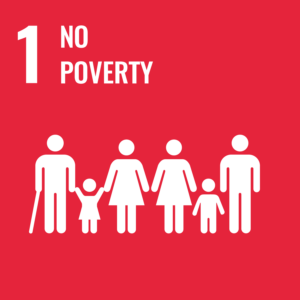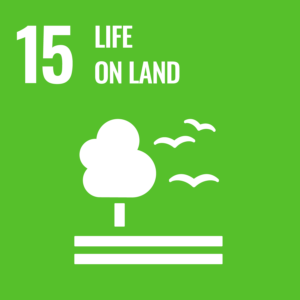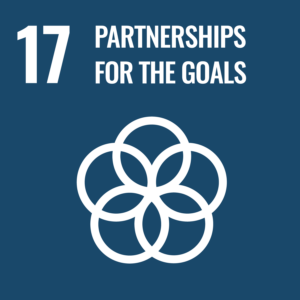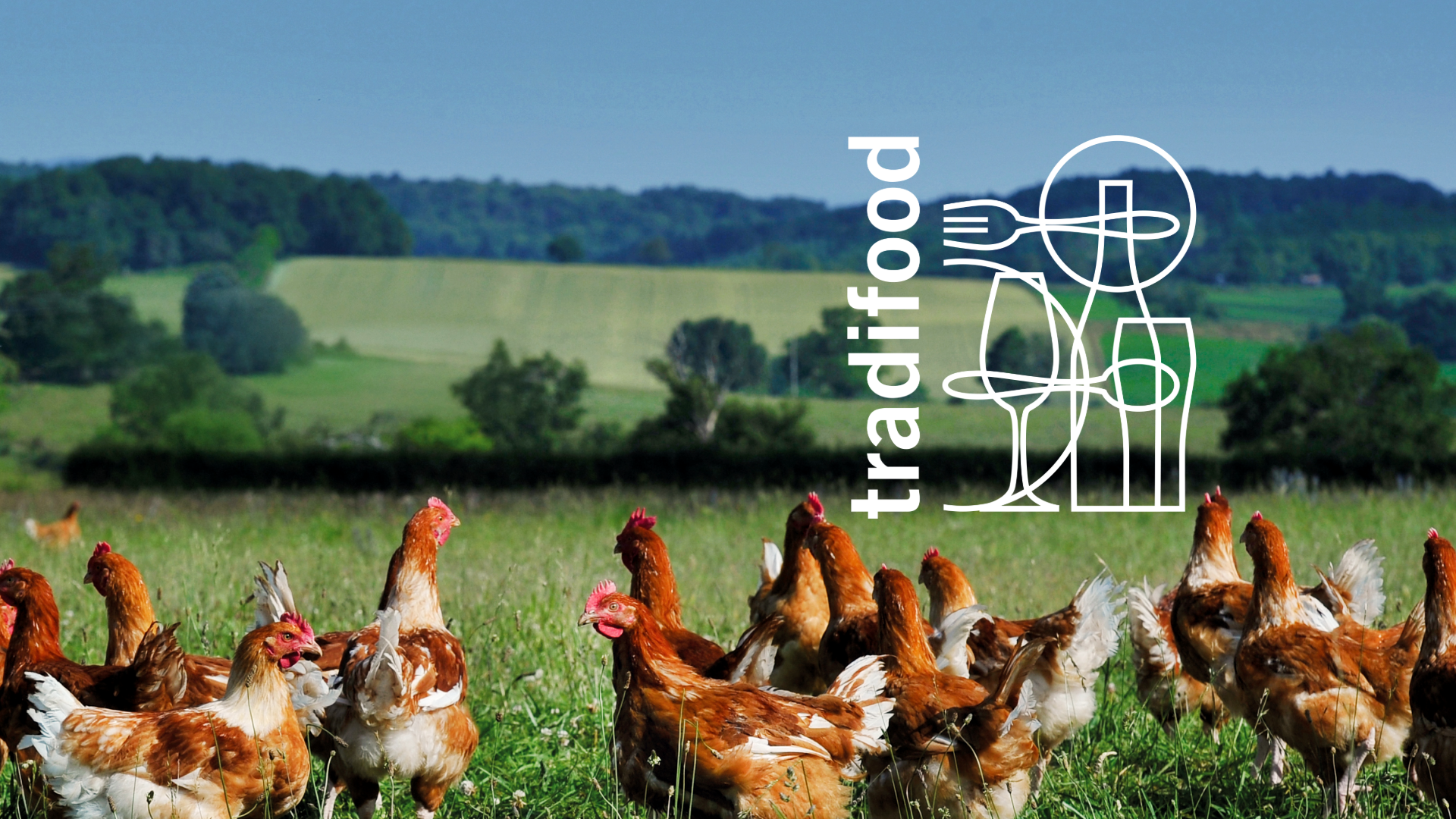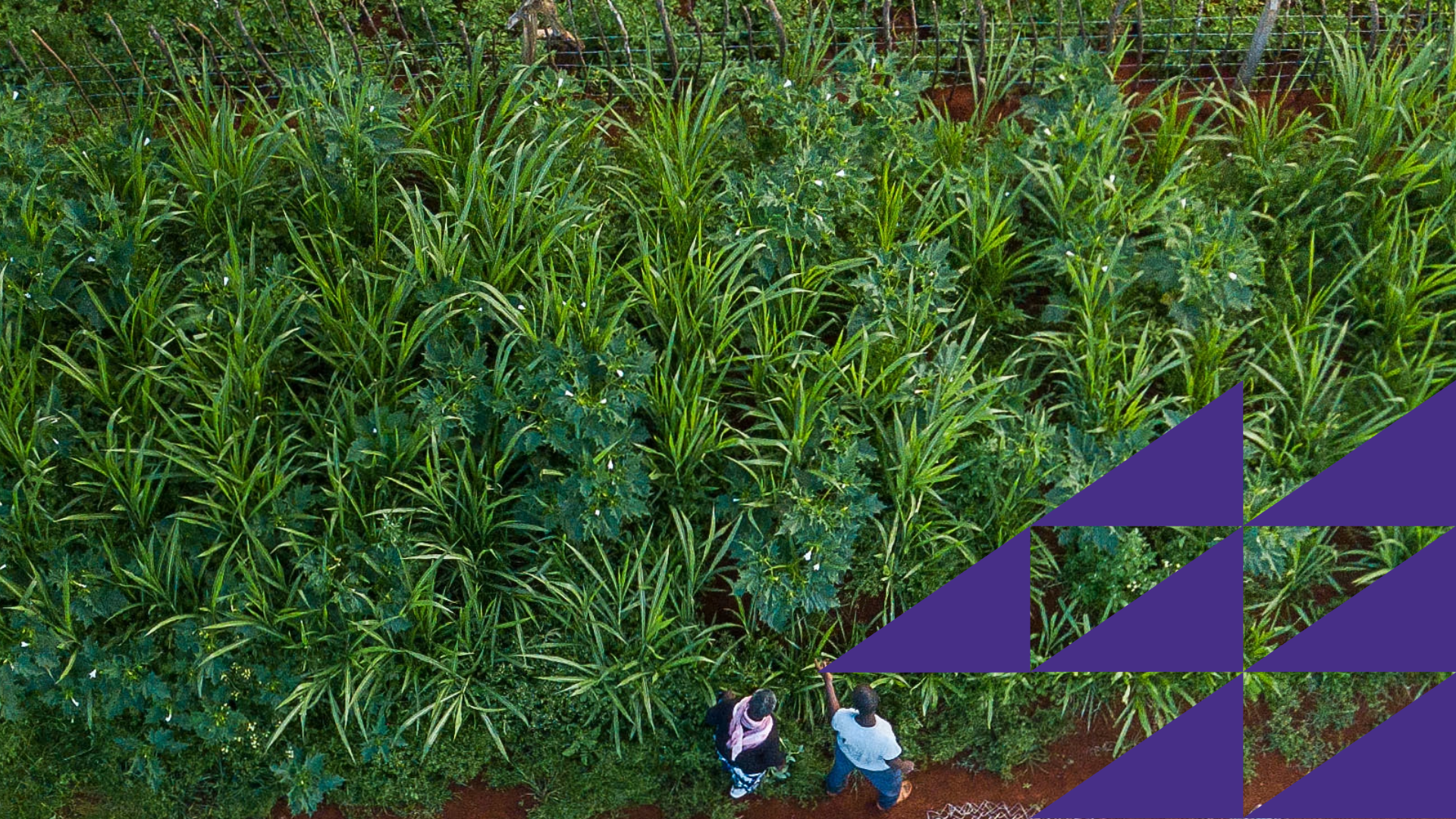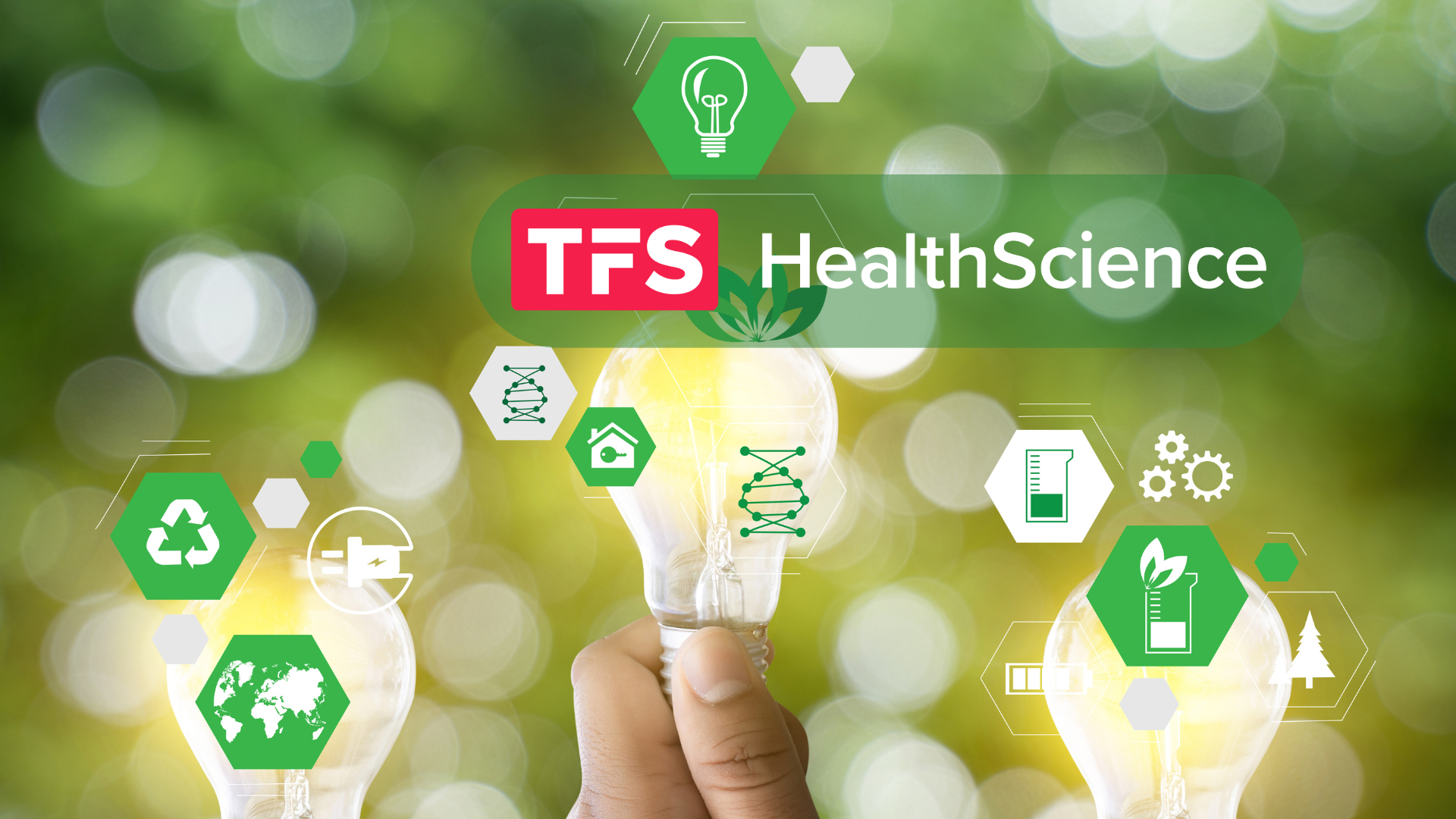Gula Gula Food Forest Program, Västra Sumatra – Plan Vivo
Gula Gula Food Forest projektet rekryterar småbrukare för att plantera träd och återbeskoga mark på Västra Sumatra. Träd och nyttoväxter samplanteras enligt modeller för skogsjordbruk för att främja kolinlagring i träd och mark. Projektet ger samtidigt småbrukarna intäktsmöjligheter genom försäljning av kaffe, eteriska oljor mm.
Bakgrund
Liksom Indonesien som helhet har området kring Singkarak sjön på Västra Sumatra degraderats kraftigt. Tidigare avskogning och dåliga jordbruksmetoder har lämnat det byägda landskapet i stort sett fritt från träd och ersatts av gräs och buskar.
Projektet
Gula Gula Food Forest startades upp som ett pilotprojekt 2009 baserat på forskningsavhandlingar kring agroforestry, eller skogsjordbruk, med dess möjligheter att lagra kol och samtidigt gynna den lokala befolkningen.
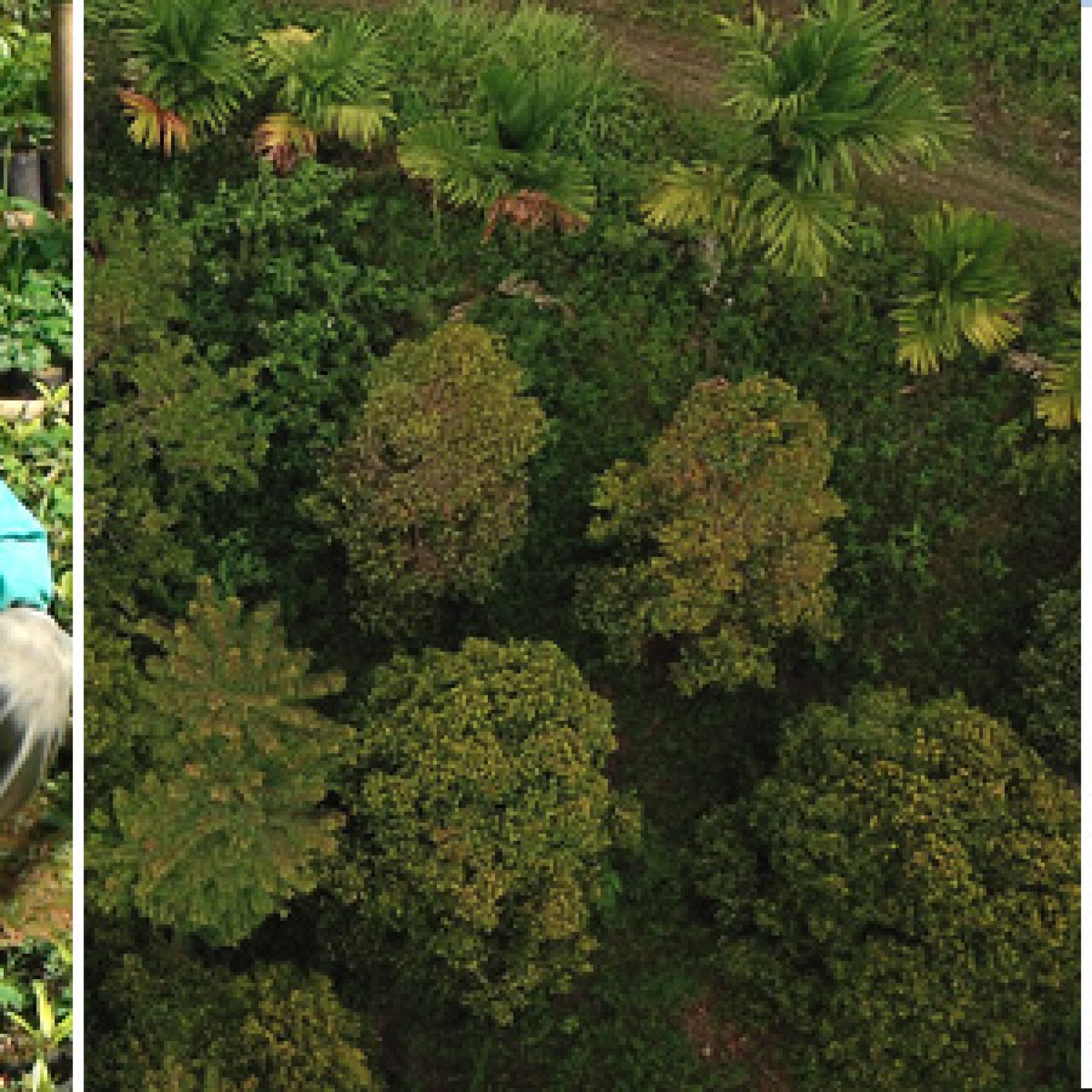
Projektet syftar till att återställa degraderad mark genom att arbeta med metoden ‘Assisted Natural Regeneration’ (ANR) och plantera en mix av arter för skog och jordbruk. Försäljningen av certifikat för kolinlagring liksom inkomster för jord- och skogsprodukter har skapat positiv utveckling för samhället som helhet och många lokala arbetstillfällen.
Metoden för återbeskogning är så pass effektiv och enkel att även de med mycket begränsade resurser kan ta del av projektet. Med enkla redskap och utbildning i bra skogsförvaltning liksom lokal bearbetning av det skogen ger, såsom kaffe, kryddnejlika, kanel och träprodukter, skapas en bra plattform för en gynnsam utveckling av området.
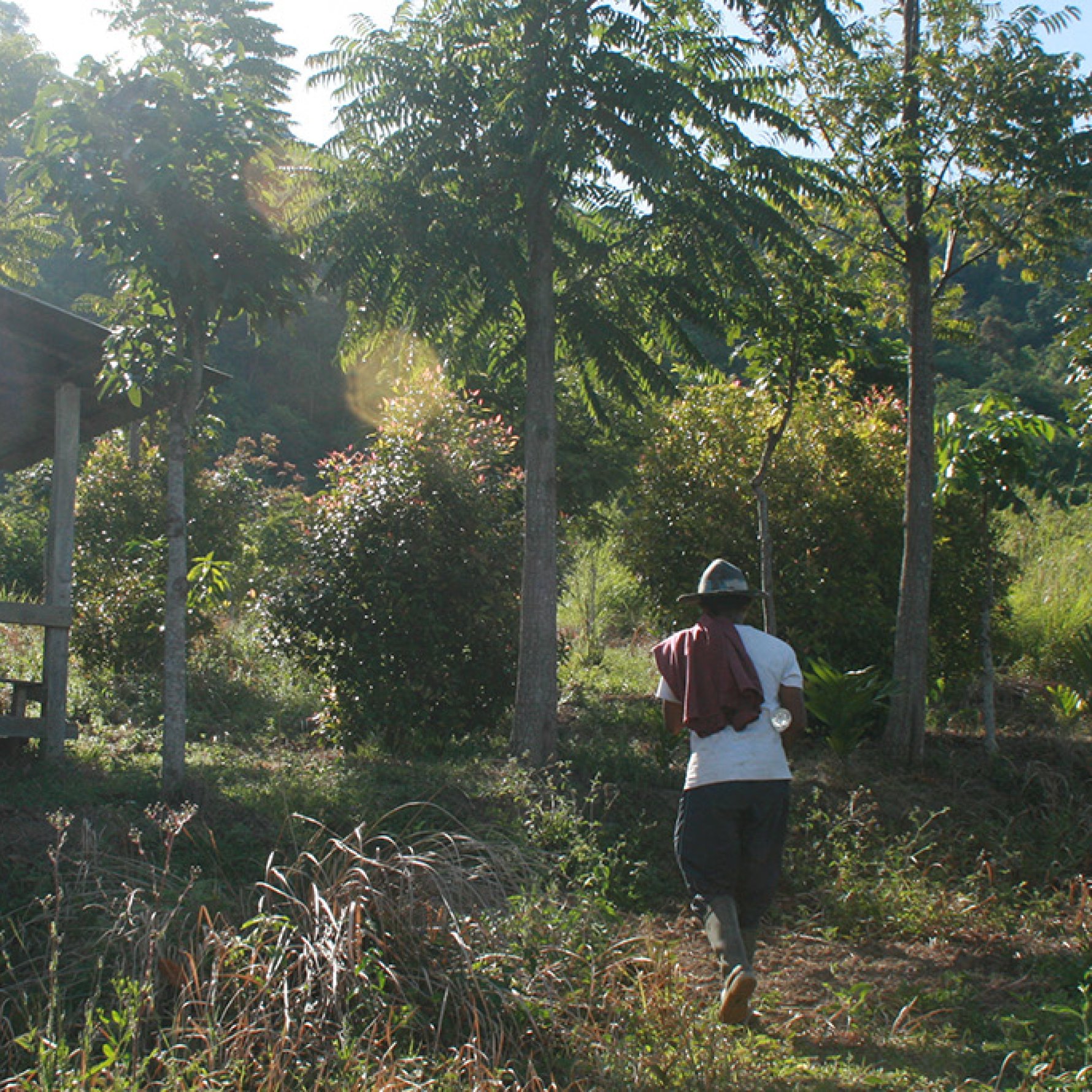
Unik egenskap
Idag har över 500 småbrukarfamiljer anslutit sig till projektet och över en halv miljon träd givits möjlighet att växa på en yta av ca 500 hektar. Genom en kostnadseffektiv metod har man lyckats med återbeskogning på degraderade arealer. Genom att arbeta med naturen istället för emot den så kan en ‘food forest’, med biodiversitet och produktivitet i fokus, skapas på bara fem år.
Projektet bidrar till följande mål
